26. “It’s about transforming lives!”: Supporting students in post pandemic higher education
© 2023 V. Trowler, CC BY-NC 4.0 https://doi.org/10.11647/OBP.0363.26
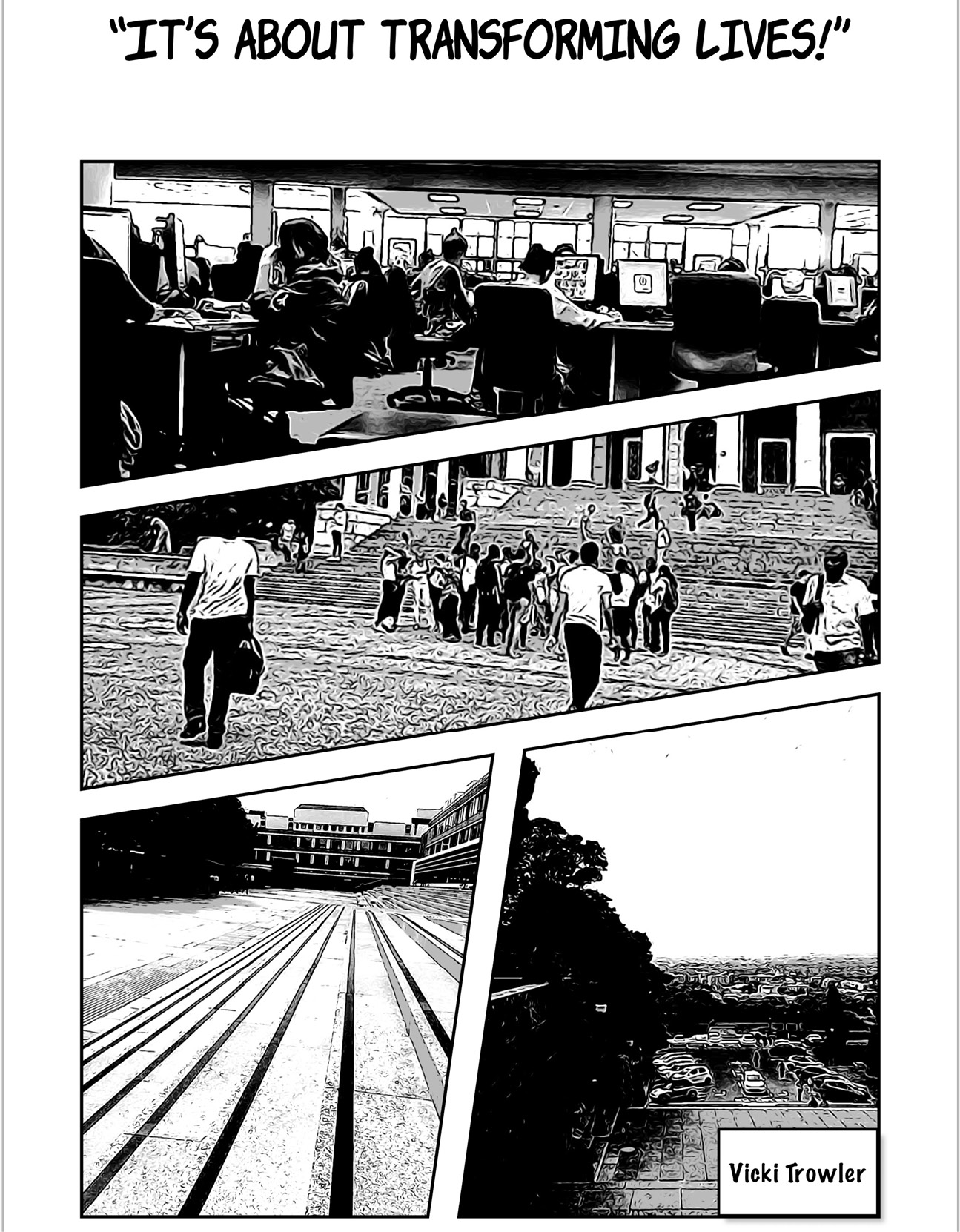
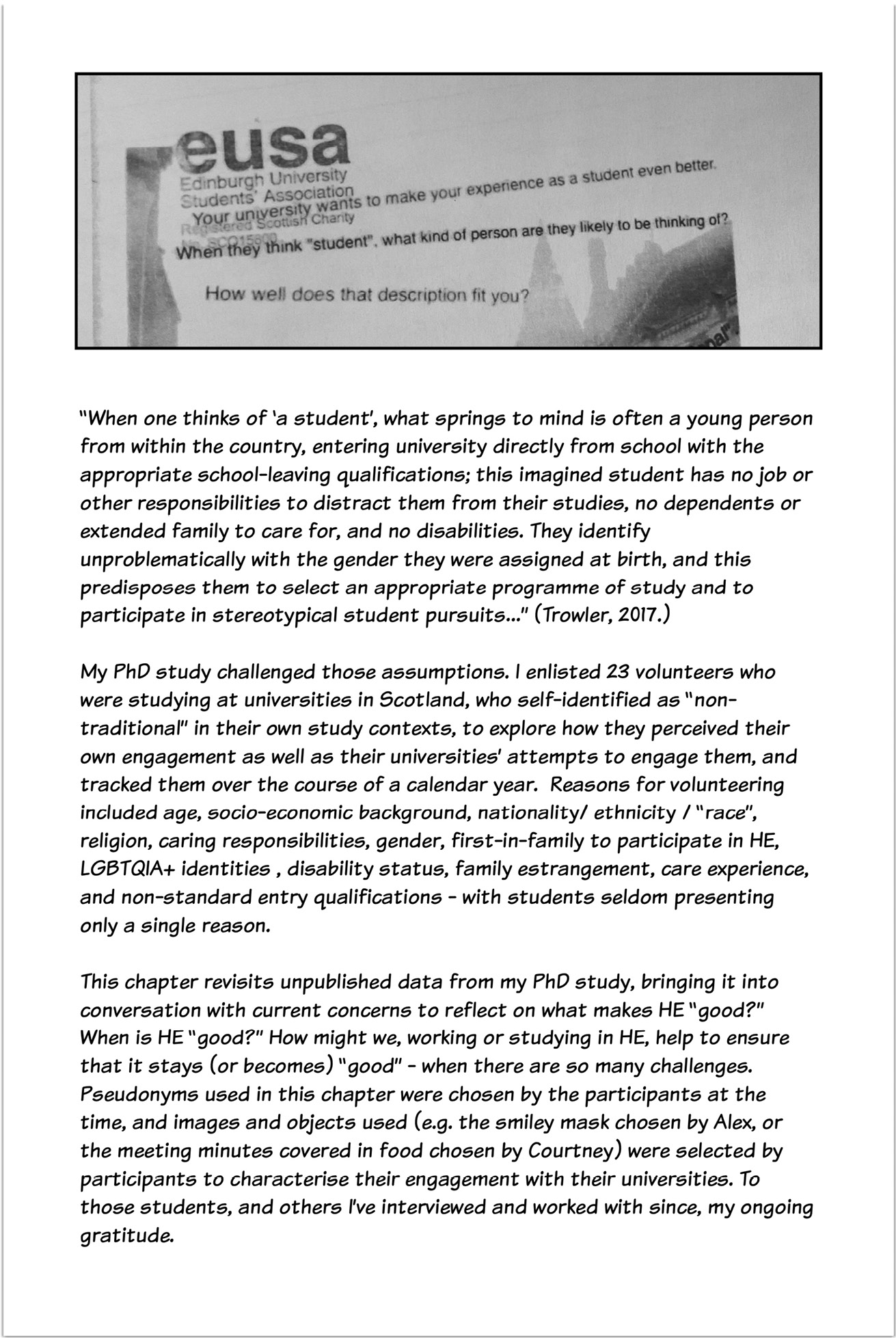
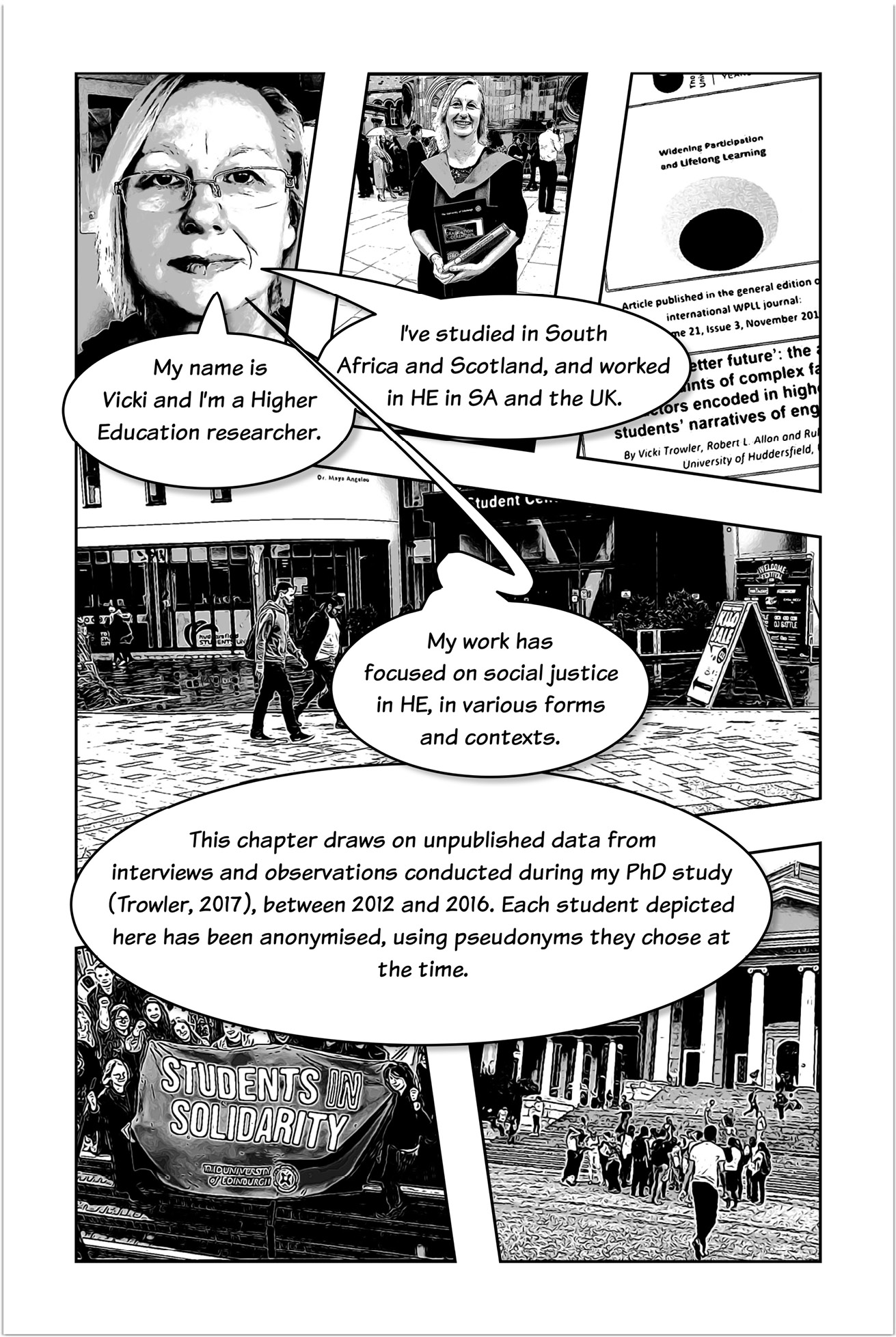
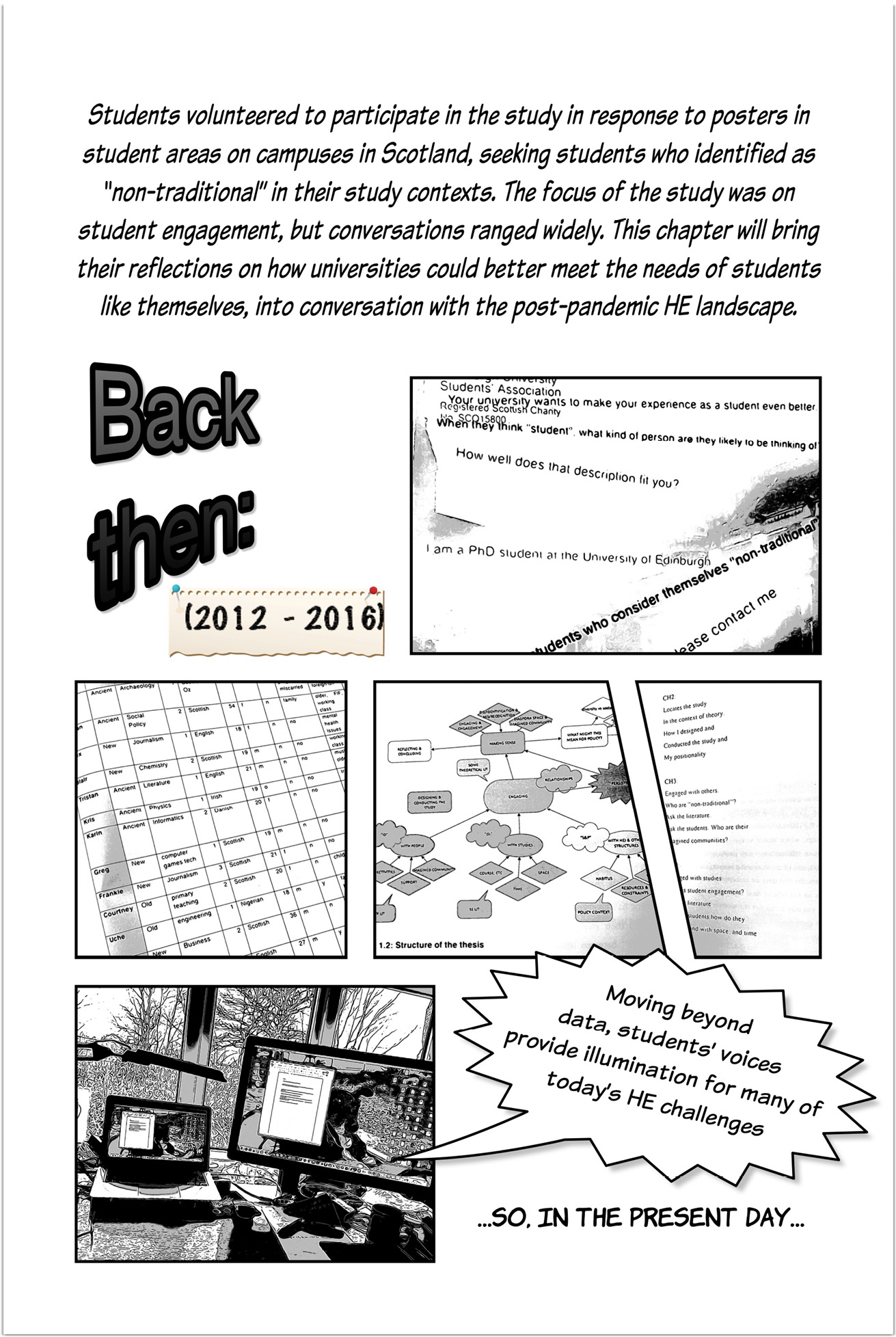
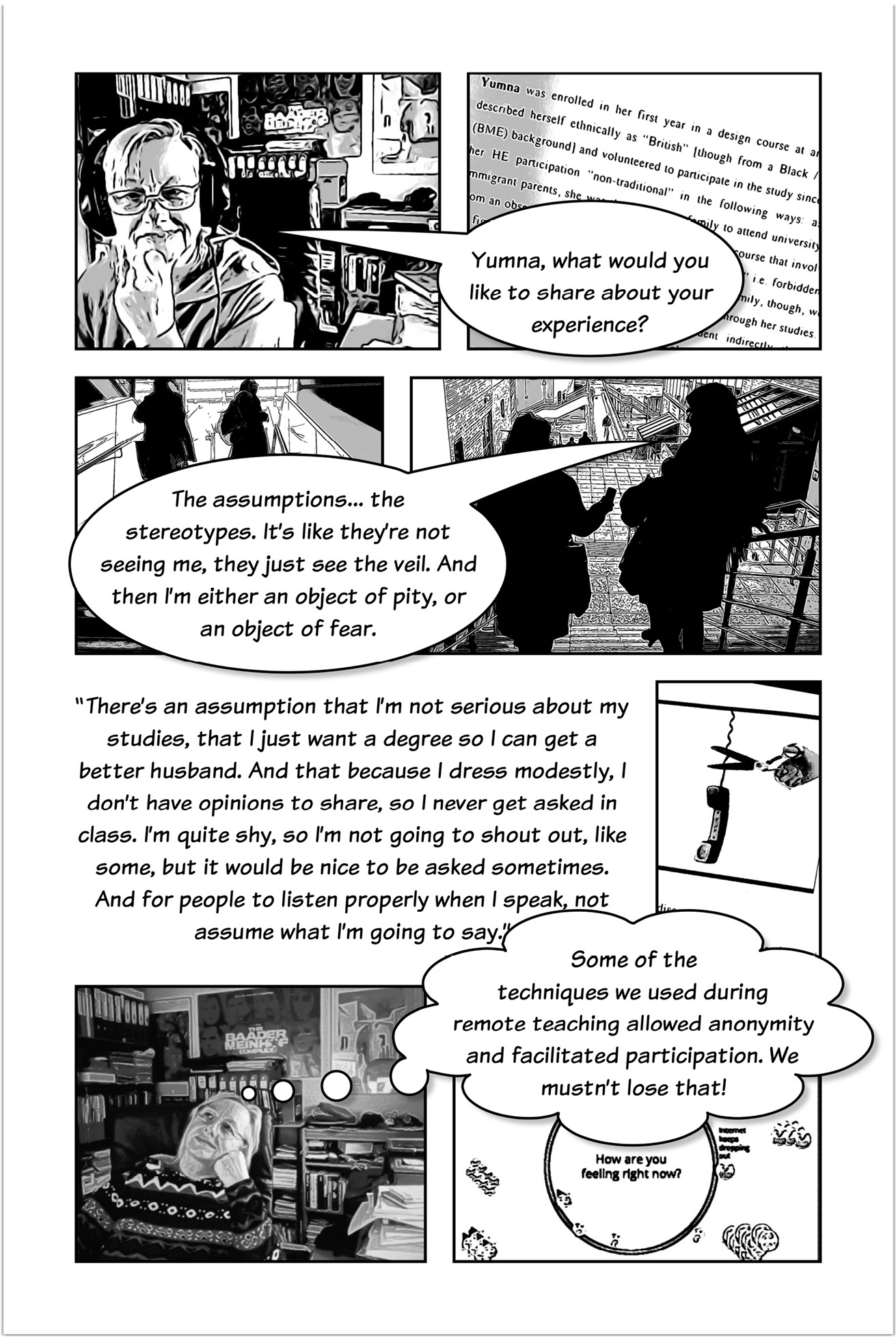
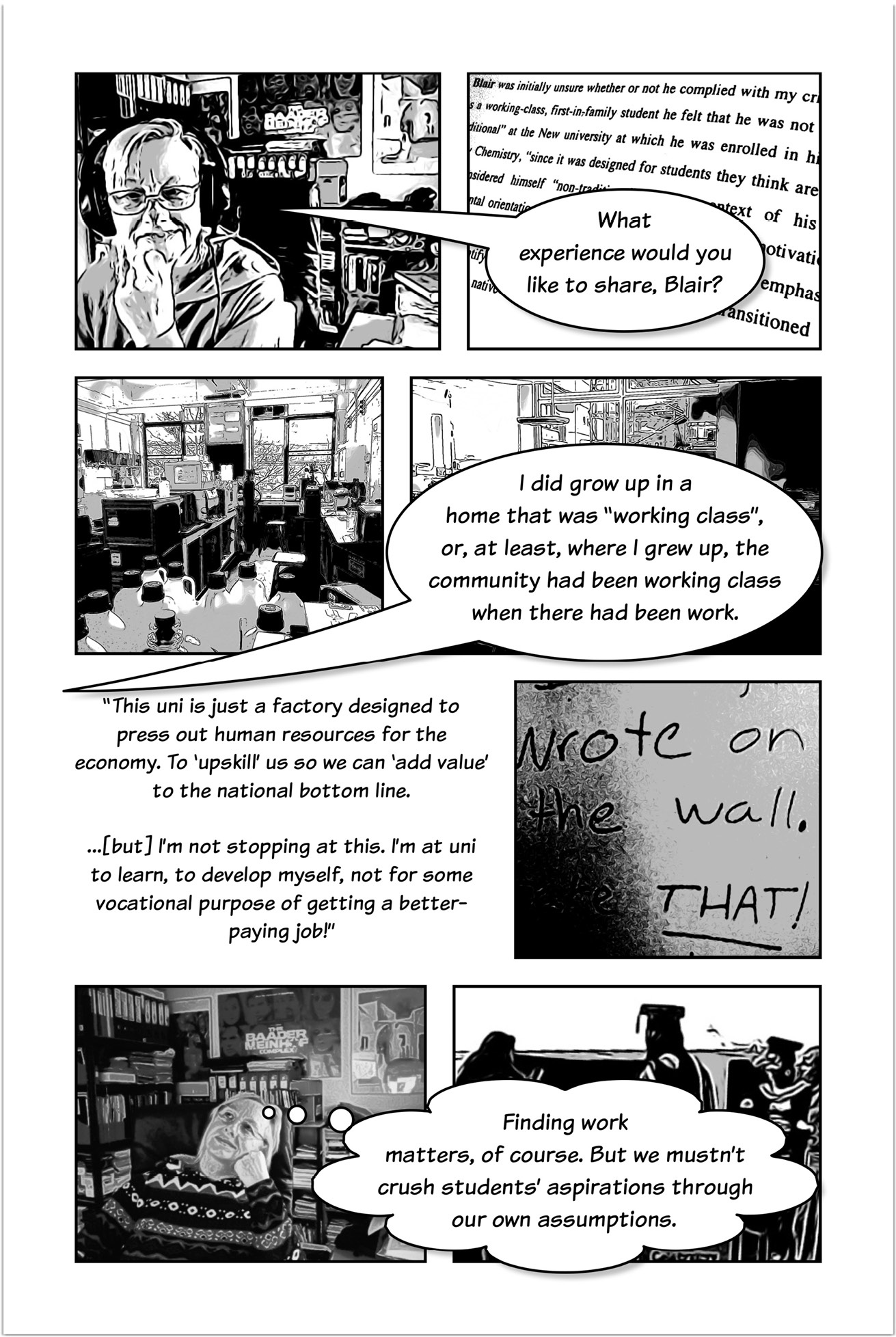
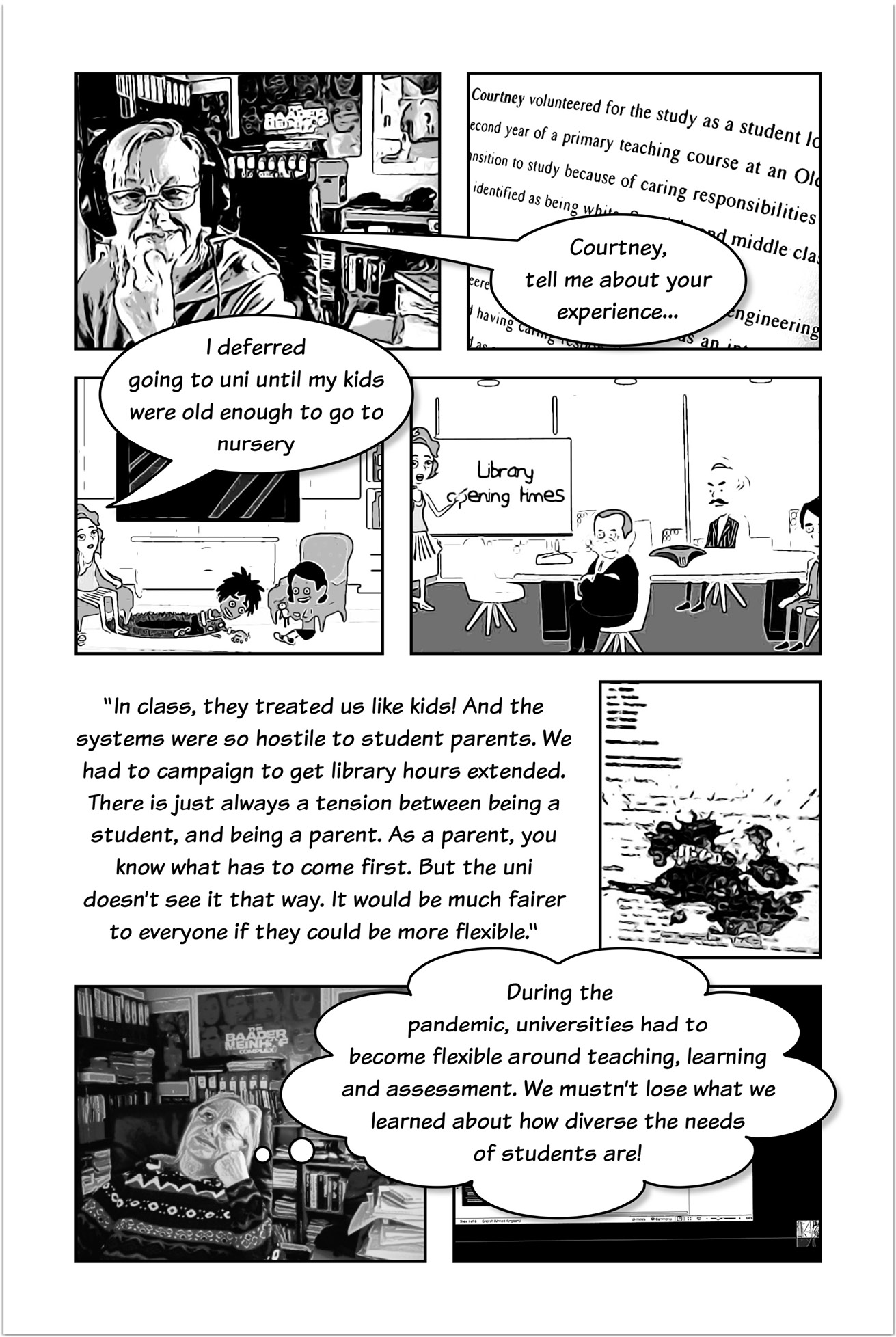
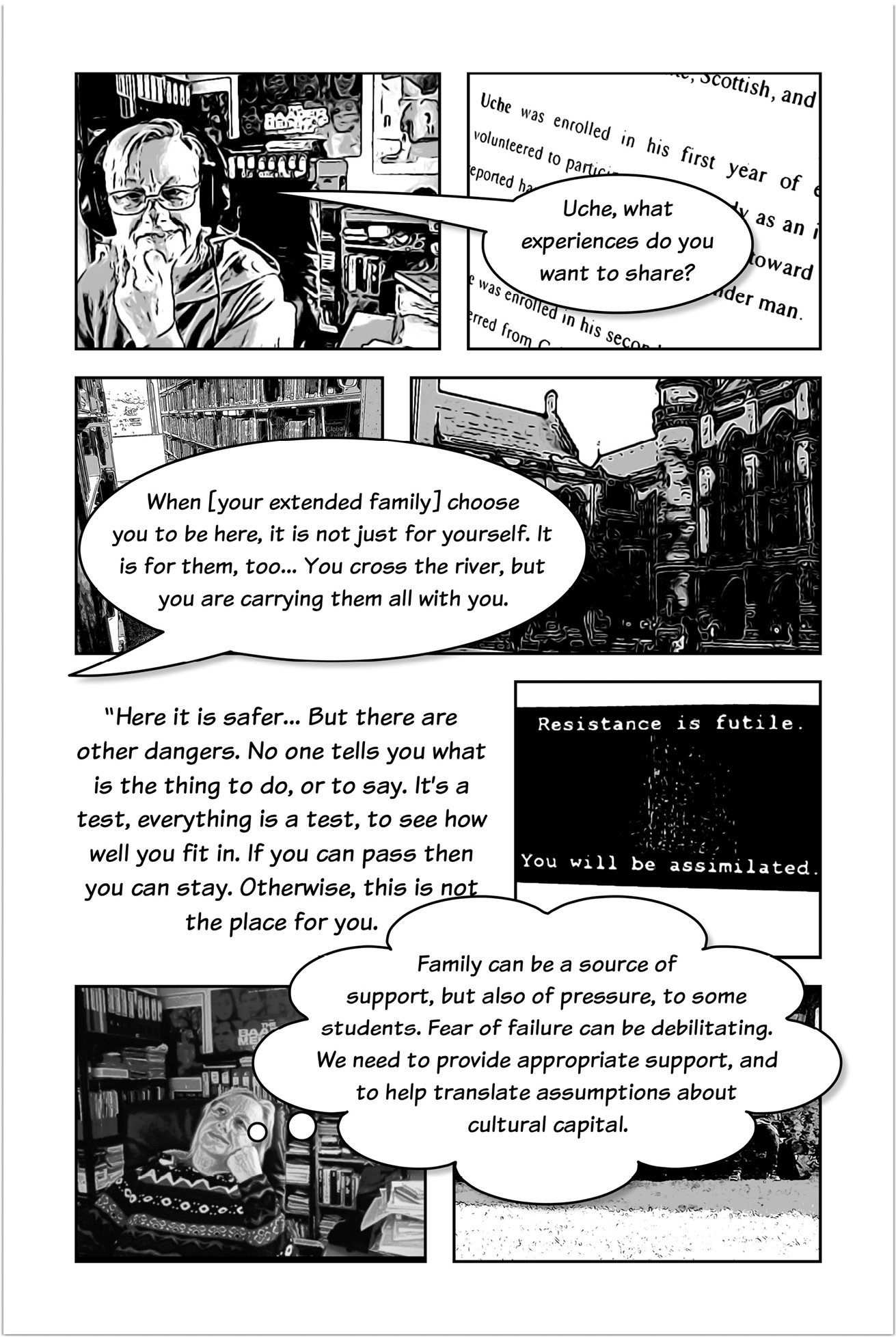
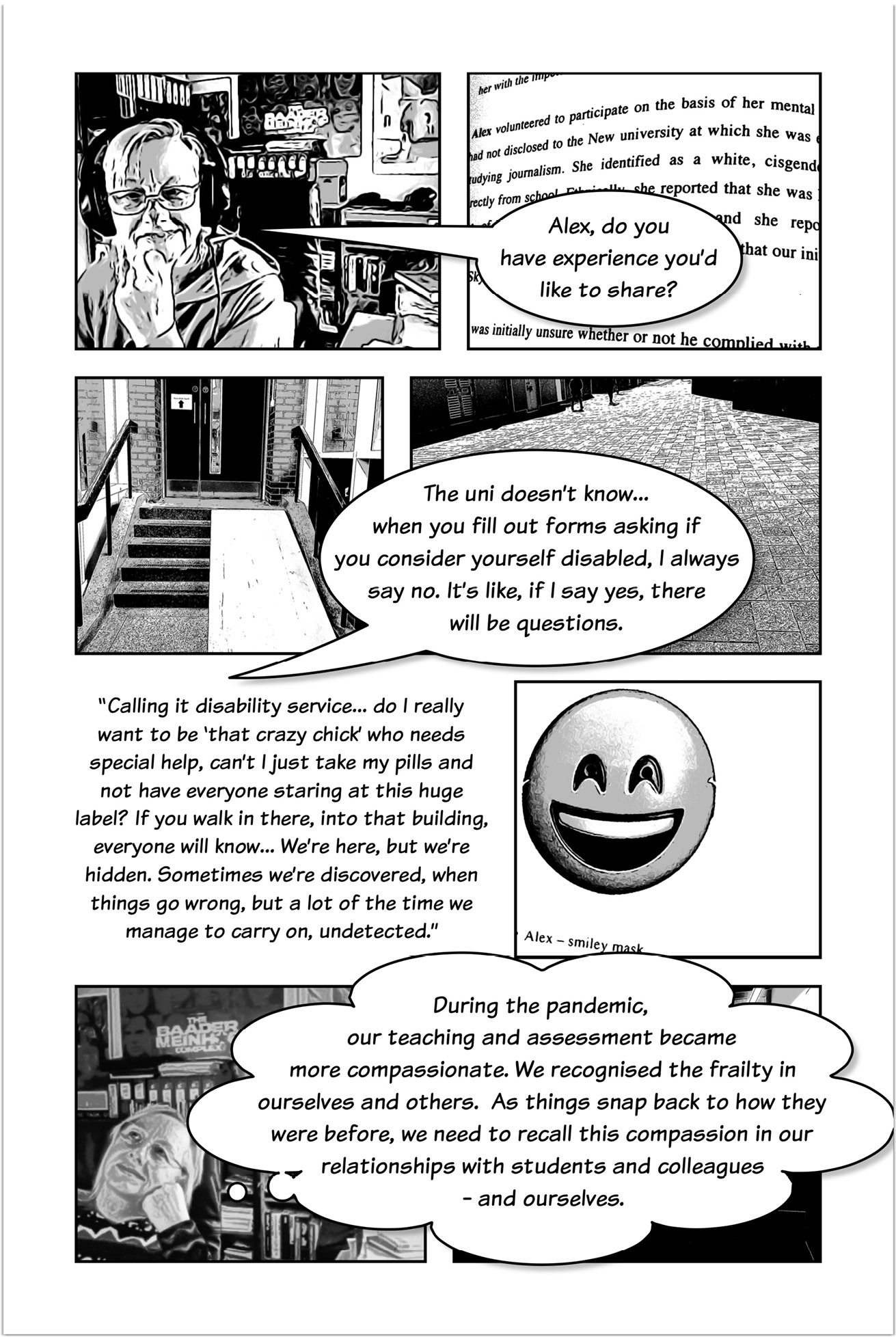
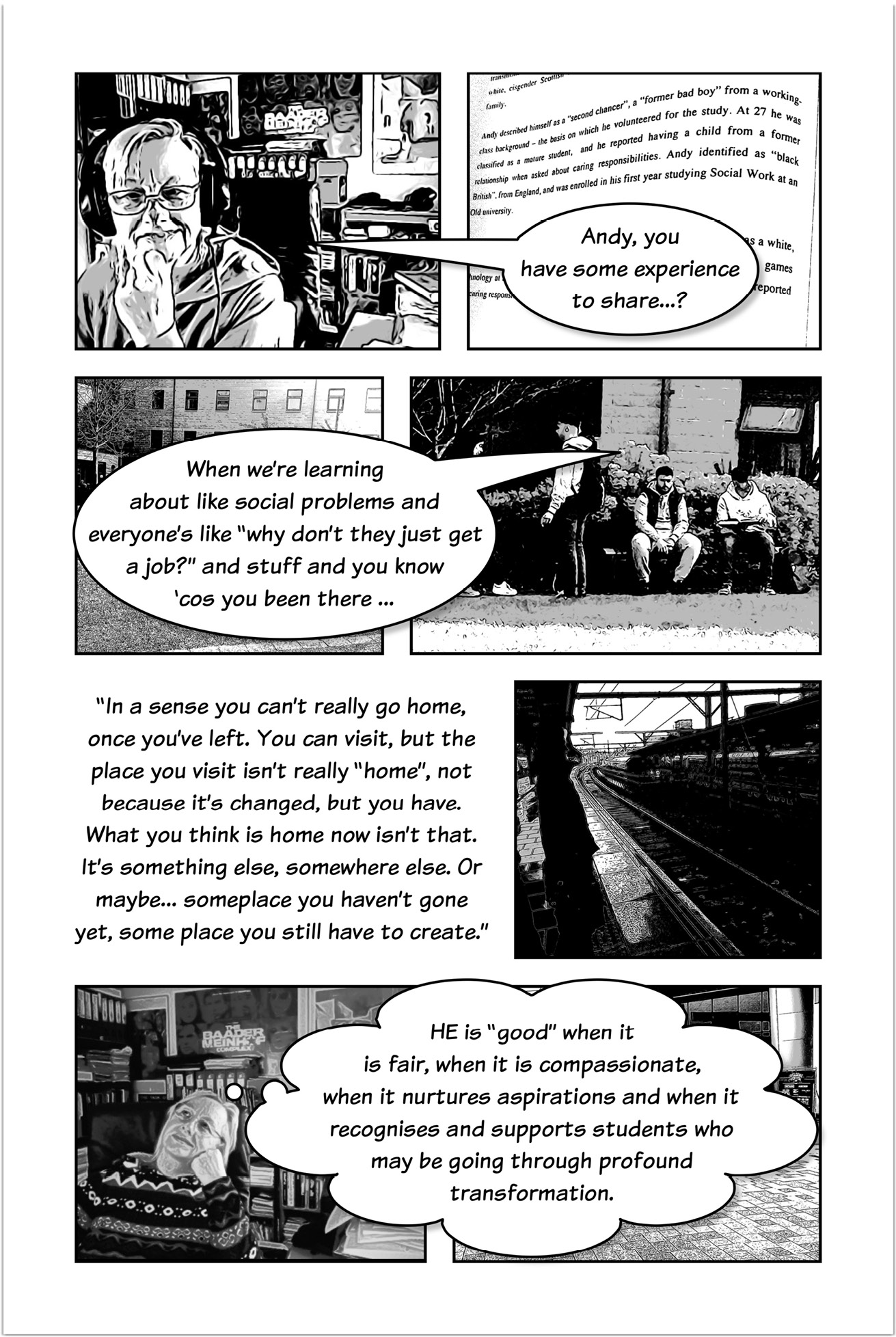
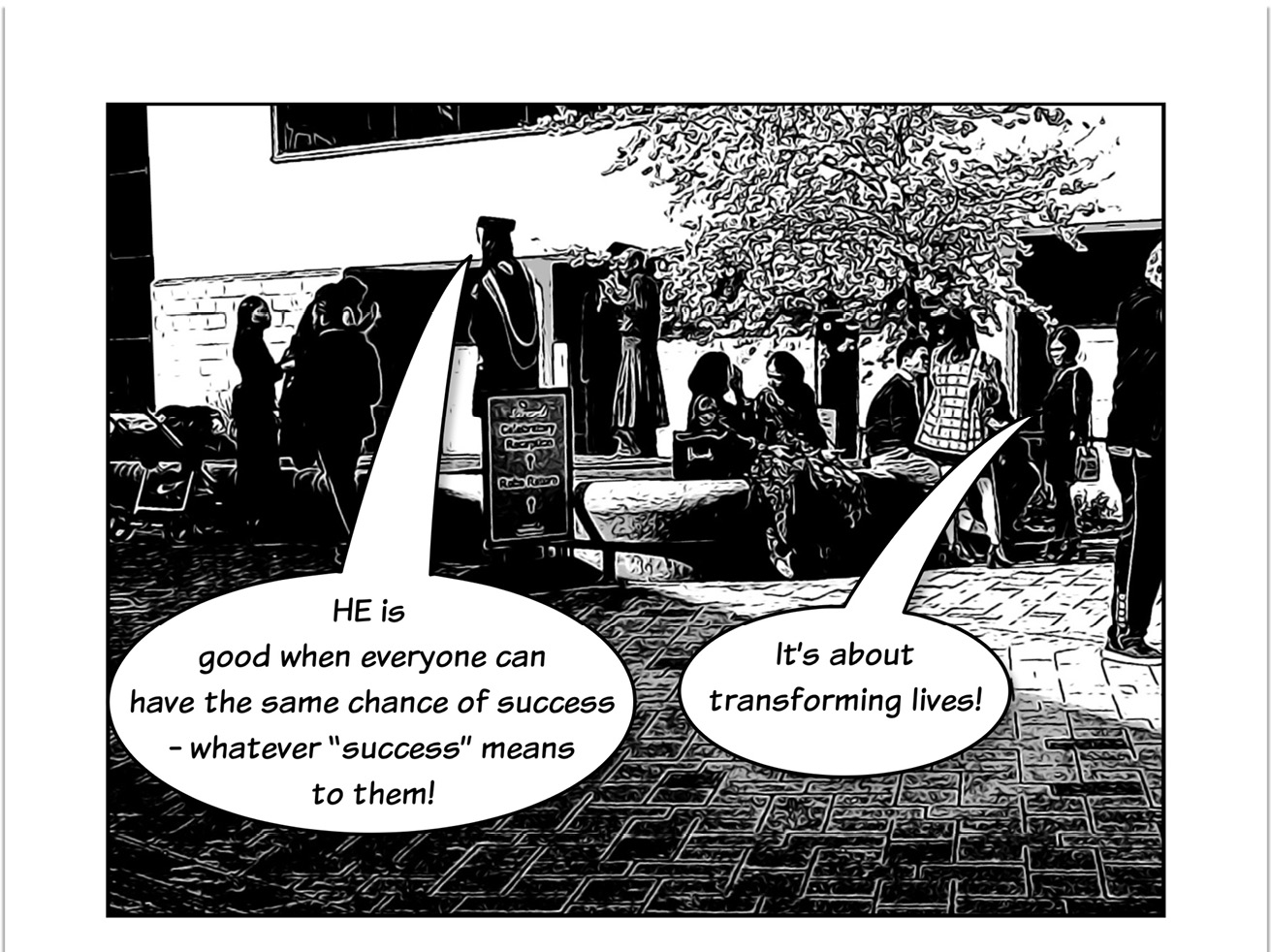
References
Eringfeld, S. (2021). Higher education and its post-coronial future: Utopian hopes and dystopian fears at Cambridge University during Covid-19. Studies in Higher Education, 46(1), 146-157. https://doi.org/10.1080/03075079.2020.1859681
Freire, P. (2014). Pedagogy of hope: Reliving pedagogy of the oppressed. Bloomsbury Academic.
hooks, b. (1994). Teaching to transgress: Education as the practice of freedom. Routledge.
Peters, M. A., Rizvi, F., McCulloch, G., Gibbs, P., Gorur, R., Hong, M., Hwang,Y., Zipin, L., Brennan, M., Robertson, S., Quay, J., Malbon, J., Taglietti, D., Barnett, R., Chengbing, W., McLaren, P., Apple, R., Papastephanou, M., Burbules, N., Jackson, L., Jalote, P., Kalantzis, M., Cope, B., Fataar, A., Conroy, J., Misiaszek, G., Biesta, G., Jandrić, P., Choo, S., Apple, M., Stone, L., Tierney, R., Tesar, M., Besley,T. & Misiaszek, L. (2020). Reimagining the new pedagogical possibilities for universities post-Covid-19. Educational Philosophy and Theory, 54(6), 717-760. https://doi.org/10.1080/00131857.2020.1777655
Trowler, V. (2017). Nomads in contested landscapes: Reframing student engagement and non-traditionality in higher education [Doctoral dissertation, University of Edinburgh].
Trowler, V., Allan, R. L., & Din, R. R. (2019). “To secure a better future”: The affordances and constraints of complex familial and social factors encoded in higher education students’ narratives of engagement. Widening Participation and Lifelong Learning, 21(3), 81-98. https://doi.org/10.5456/WPLL.21.3.81
